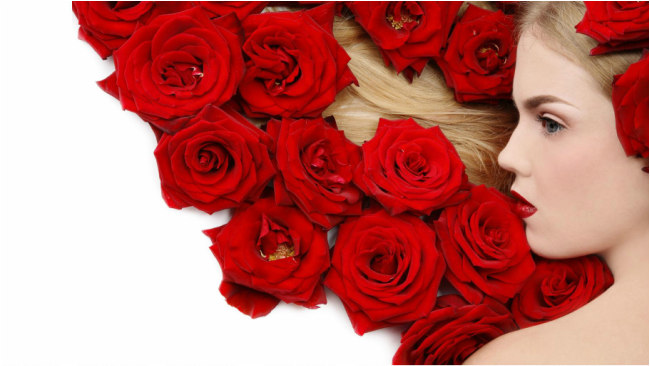Roses are the highest vibration of all plants! This is measured by MHZ.
Although Tainio no longer produces the BT3 Monitor, the findings gleaned from his research conducted over the years with this device are remarkable.
For example, here are the average frequencies of some of the therapeutic grade essential oils that have been measured:
- Rose (Rosa damascene).........................320 MHz
- Lavender (Lavendula angustifolia)........118 MHz
- Myrrh (Commiphora myrrha)................105 MHz
- Blue Chamomile (Matricaria recutita)...105 MHz
- Juniper (Juniperus osteosperma)............98 MHz
- Aloes/Sandalwood (Santalum album)....96 MHz
- Angelica (Angelica archangelica).............85 MHz
- Peppermint (Mentha peperita)...............78 MHz
- Galbanum (Ferula gummosa).................56 MHz
- Basil (Ocimum basilicum)........................52 MHz
The measured frequencies of essential oils begin at 52 MHz, the frequency of basil oil, and go as high as 320 MHz — the frequency of rose oil. For comparison, fresh produce has a frequency up to 15 MHz, dry herbs from 12 to 22 MHz, and fresh herbs from 20 to 27 MHz. Synthetic perfumes and processed and canned foods have no measurable frequency whatsoever.
Surround yourself with high vibrational oils and plants!
Want to bring in a higher vibration and higher prosperity to your office, Bring in a bowl of Rose petals or Fresh roses.
More info
http://www.biospiritual-energy-healing.com/vibrational-frequency.html
http://www.coherentresources.com/bt3_monitor.php
If you see "roses" on a product, it may not contain the wonderful, natural powerful roses, we just talked about. If you see "roses" in a product, it may not contain the natural powerful roses but a synthetic rose created in laboratory. The chemical industry took over the perfume industry to create products that may be should not be called "perfume" anymore. They are not done by perfumers using flowers but by chemical laboratories re-creating synthetic flowers scents the same way they also recreate synthetic textiles or processed food. The public is starting to realise this as more and more documentaries are revealing the fact that the EU Cosmetic Regulation made in favour of the chemical industry is completely in contradiction with the brands communication showing the image of natural.
It is such a pity for Europe slowly loosing its market as more and more consumers are buying their perfumes abroad as many perfumers left Europe to be able to use flowers and beautiful powerful natural materials.
My advice if you want to buy a Perfume: Meet the person who is making your perfume first, ask questions, many questions ...

 RSS Feed
RSS Feed